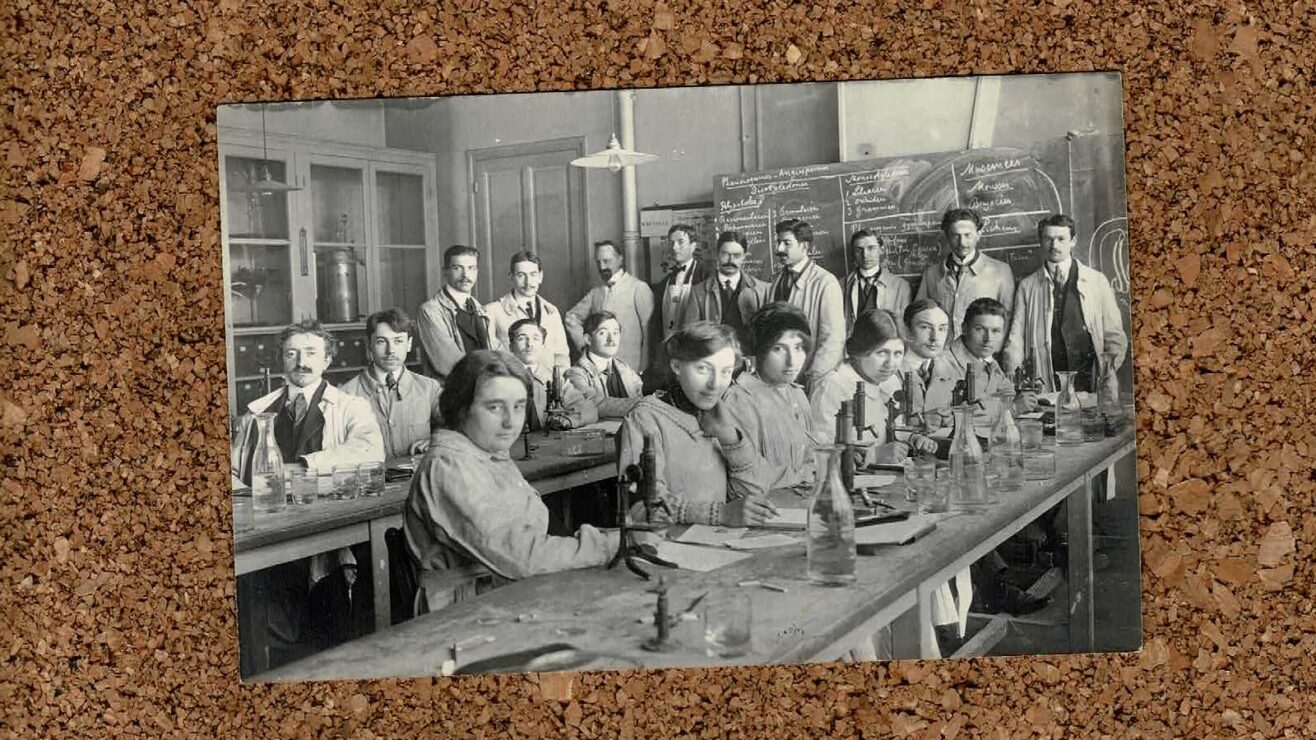A lot is riding on the Yale-NUS development
A very upbeat report from the National University of Singapore on progress in the Yale-NUS partnership:
As the first liberal arts college in Singapore offering a proactive education through residential living and learning right here in the heart of Asia, we are breaking ground on multiple dimensions,” the inaugural President of the College said. The ceremony also symbolically lays the foundation for an inspiring and innovative community of learning, he added.
To align with the School’s educational mission, the Yale-NUS campus architecture will highlight the collaborative nature of the venture through the joint expertise of two world-class architects – Singapore’s Forum Architects and US-based Pelli Clarke Pelli Architects.
Distinctive features such as the syncopated skyline and special materials derived from Yale architecture are married with Asian courtyard landscapes to meld cultures, traditions and styles of Singapore, America and Southeast Asia. The East-meets-West setting will reflect the openness, energy and optimism of the College’s curriculum.
This residential model builds “nested communities” in the Yale tradition of supporting lifelong learning in liberal arts and science by integrating academic, intellectual, social, athletic and artistic life. Three residential colleges, each conceived as a “social home”, will house students and faculty.
The pioneer batch of Yale-NUS students will begin classes from August 2013 at UTown before the new campus officially opens in 2015. The location of the College on the same site is expected to provide opportunities for Yale-NUS undergraduates to interact with the NUS community in co-curricular, sports, the arts and other social settings.
They will undoubtedly have some impressive buildings when the new campus opens. But will the development really break ground in “multiple dimensions” and will the ambitions of the architecture be mirrored in the academic enterprise? We’ll have to wait and see but, with the extensive media coverage of the new college, you would be forgiven for thinking that Yale-NUS had already opened and had thousands of students enrolled and that no other western university had opened a campus in Asia before. I do hope the new venture works and there is certainly enough money and good will behind it to ensure things do come together. However, the hype surrounding Yale-NUS College could mean that expectations are perhaps unreasonably high. And given the forthright views expressed by Yale faculty about issues from academic freedom in Singapore to the impact on their workloads caused by the need to support the new college it could be an interesting couple of years.












